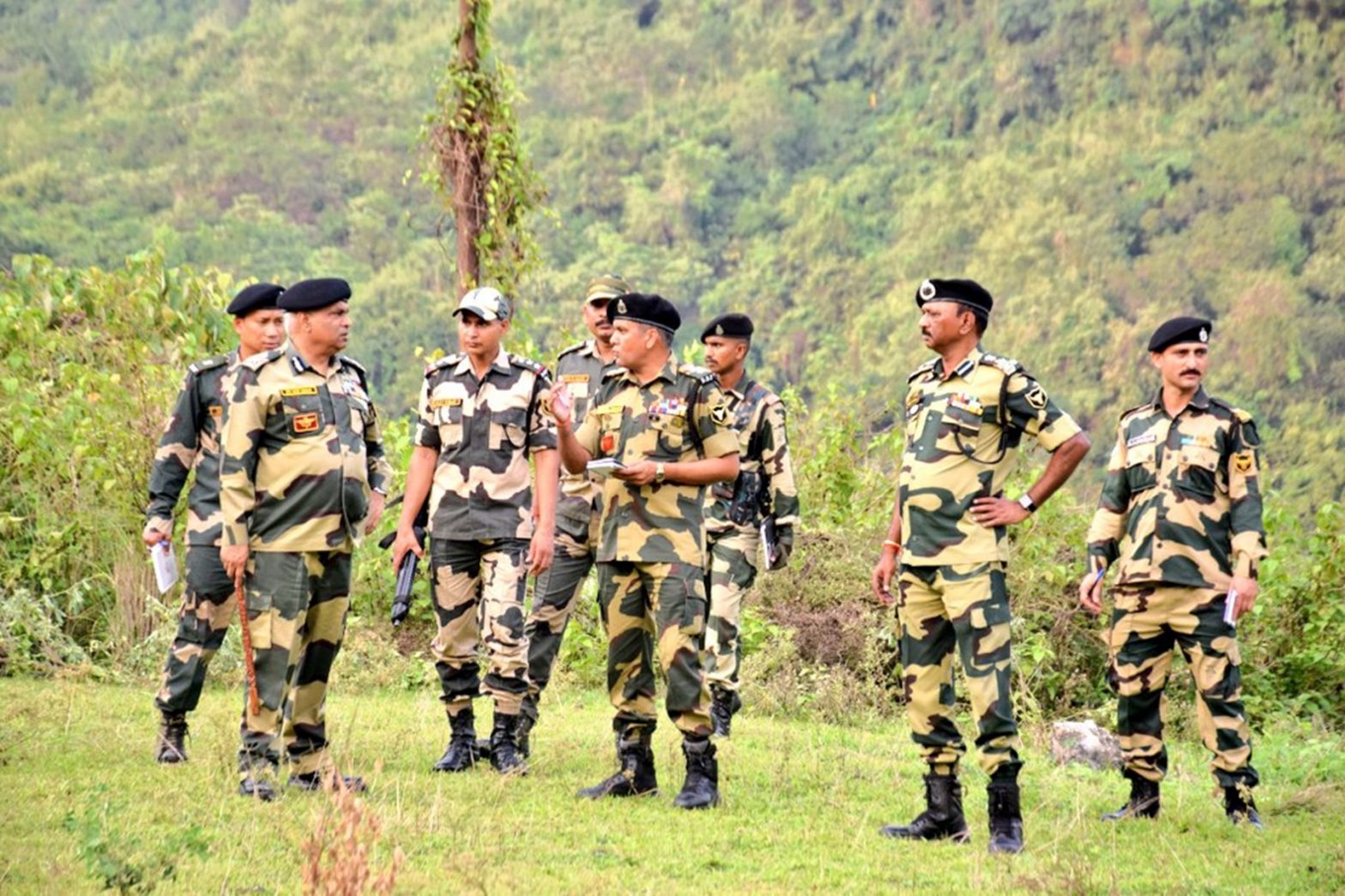
Shillong: In light of the current tense situation involving Bangladesh, the East Khasi Hills district of Meghalaya has imposed a night curfew under Section 163 of the Bharatiya Nagarik Suraksha Sanhita (BNSS). The curfew covers a 1 km zone along the Zero Line at the India-Bangladesh border and is in effect daily from 8 PM to 6 AM for the next two months, starting May 8, 2025.
The order, issued by District Magistrate R.M. Kurbah, IAS, aims to prevent unauthorized movement across the border, including attempts to illegally cross into Bangladesh or India. It also restricts gatherings of five or more people, bans procession activities, and prohibits carrying weapons like sticks, rods, or stones. The measure seeks to curb illegal activities such as cattle smuggling, contraband trade, and the trafficking of items like betel nut, dry fish, bidis, cigarettes, and tea leaves around the border.
Amid these developments, Bangladesh has been closely monitoring the situation following Operation Sindoor—a targeted strike to destroy terrorist infrastructure in Pakistan and PoJK, launched in response to the Pahalgam terror attack on April 22. The Bangladeshi government called for both India and Pakistan to exercise restraint, emphasizing the importance of diplomatic efforts to de-escalate the situation. In a statement, Bangladesh’s Foreign Ministry expressed concern over the regional tension and reiterated the hope for regional peace and stability through diplomatic means.
India had earlier conducted Operation Sindoor, attacking nine terror camps inside Pakistan and PoJK, including sites in Muridke and Sialkot, associated with terrorists like David Headley and Ajmal Kasab, perpetrators of the 2008 Mumbai attacks. Wing Commander Vyomika Singh confirmed that these locations were carefully chosen to avoid civilian harm.
During a press briefing, Colonel Sofiya Qureshi showed videos of the targeted terror camps, emphasizing the precision of the strikes. Meanwhile, Foreign Secretary Vikram Misri stated that the Pahalgam attack aimed to undermine peace efforts in Jammu and Kashmir and condemned the brutal manner in which victims were killed—highlighting the attack’s intent to destabilize normalcy in the region.
